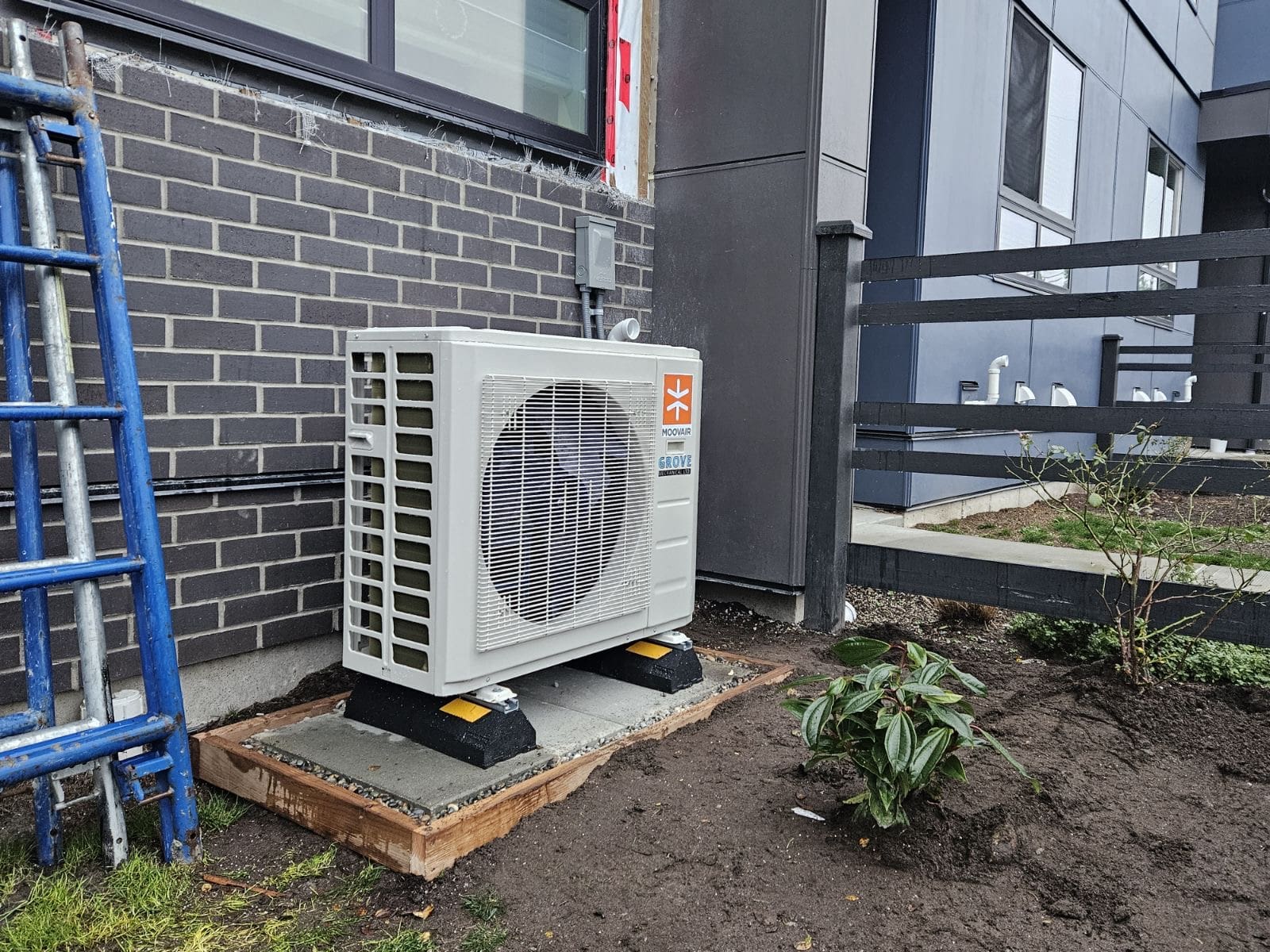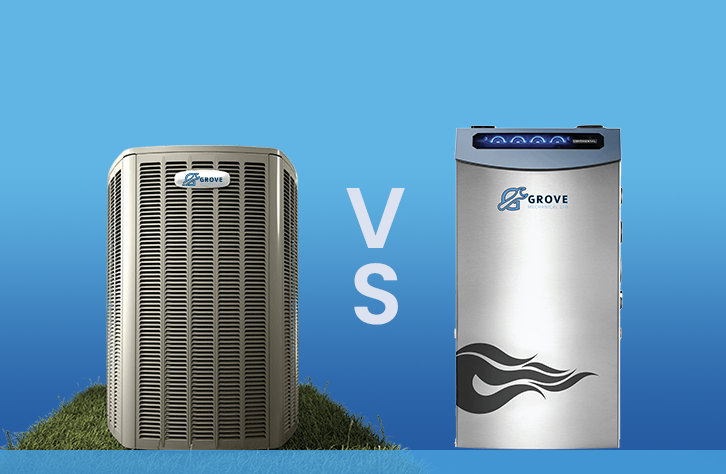Heat Pump vs Furnace
Heat Pumps vs Furnace: Which is the Better Choice for Your Home?
When it comes to heating your home, the choice between a heat pump and a furnace can significantly impact your comfort, energy efficiency, and overall costs. In this article, we’ll explore the differences between heat pumps and furnaces to help you make an informed decision.

Understanding a Heat Pump vs Furnace
Heat Pumps A heat pump is a versatile device that can provide both heating and cooling by transferring heat from one place to another. There are three main types of heat pumps:
- Air-source heat pumps: Transfer heat between your house and the outside air.
- Ground-source (geothermal) heat pumps: Transfer heat between your house and the ground.
- Water-source heat pumps: Transfer heat between your house and a water source.
Furnaces A furnace is a traditional heating system that generates heat by burning fuel (gas, oil, or using electricity) and distributing the heated air through ducts in your home.
Energy Efficiency
Heat Pumps Heat pumps are highly energy-efficient because they move heat rather than generate it. For every unit of electricity consumed, a heat pump can deliver 2 to 4 units of heat. This efficiency can lead to significant savings on your energy bills, especially in moderate climates.
Furnaces Furnaces, particularly modern high-efficiency models, can also be very efficient. Gas furnaces with an AFUE (Annual Fuel Utilization Efficiency) rating of 90% or higher are common. However, they generally consume more energy compared to heat pumps since they create heat through combustion or electrical resistance.
Climate Suitability
Heat Pumps Heat pumps are ideal for regions with moderate temperatures. In extremely cold climates, their efficiency can drop because they rely on external heat sources. However, advanced models like cold-climate heat pumps can perform efficiently even in lower temperatures.
Furnaces Furnaces are well-suited for colder climates since they generate their own heat. They can maintain a comfortable indoor temperature regardless of the outside weather, making them a reliable choice for areas with harsh winters.
Installation and Maintenance
Heat Pumps Installing a heat pump can be more complex and expensive compared to a furnace, especially for ground-source heat pumps. However, the maintenance of heat pumps is generally straightforward, involving regular filter changes and annual professional check-ups.
Furnaces Furnace installation is typically less costly and quicker, especially if your home already has ductwork. Maintenance includes regular filter changes, cleaning, and occasional servicing of the burner and blower.
Environmental Impact
Heat Pumps Heat pumps are environmentally friendly as they use electricity and do not burn fossil fuels directly. Their high efficiency also means they have a smaller carbon footprint compared to traditional heating systems.
Furnaces Gas and oil furnaces have a larger environmental impact due to the combustion of fossil fuels. Electric furnaces are cleaner but can be less efficient and more expensive to operate if electricity is generated from non-renewable sources.
Cost Considerations
Heat Pumps The initial cost of heat pumps can be higher, but the long-term savings on energy bills and potential incentives for using renewable energy can offset this.
Furnaces Furnaces generally have a lower upfront cost but might result in higher energy bills, especially if gas prices are high. However, they are often more cost-effective in regions with severe winters.
Conclusion: Heat Pumps vs Furnace
Choosing between a heat pump and a furnace depends on various factors including your local climate, budget, and energy efficiency priorities. Heat pumps offer versatile, energy-efficient heating and cooling solutions, making them ideal for moderate climates. Furnaces, on the other hand, provide reliable and effective heating in colder regions.
When deciding on heat pump vs furnace, consider your specific needs and circumstances. Consulting with a heating professional can also provide personalized recommendations tailored to your home.
By weighing the pros and cons of heat pumps and furnaces, you can ensure that your home remains comfortable and energy-efficient year-round.


